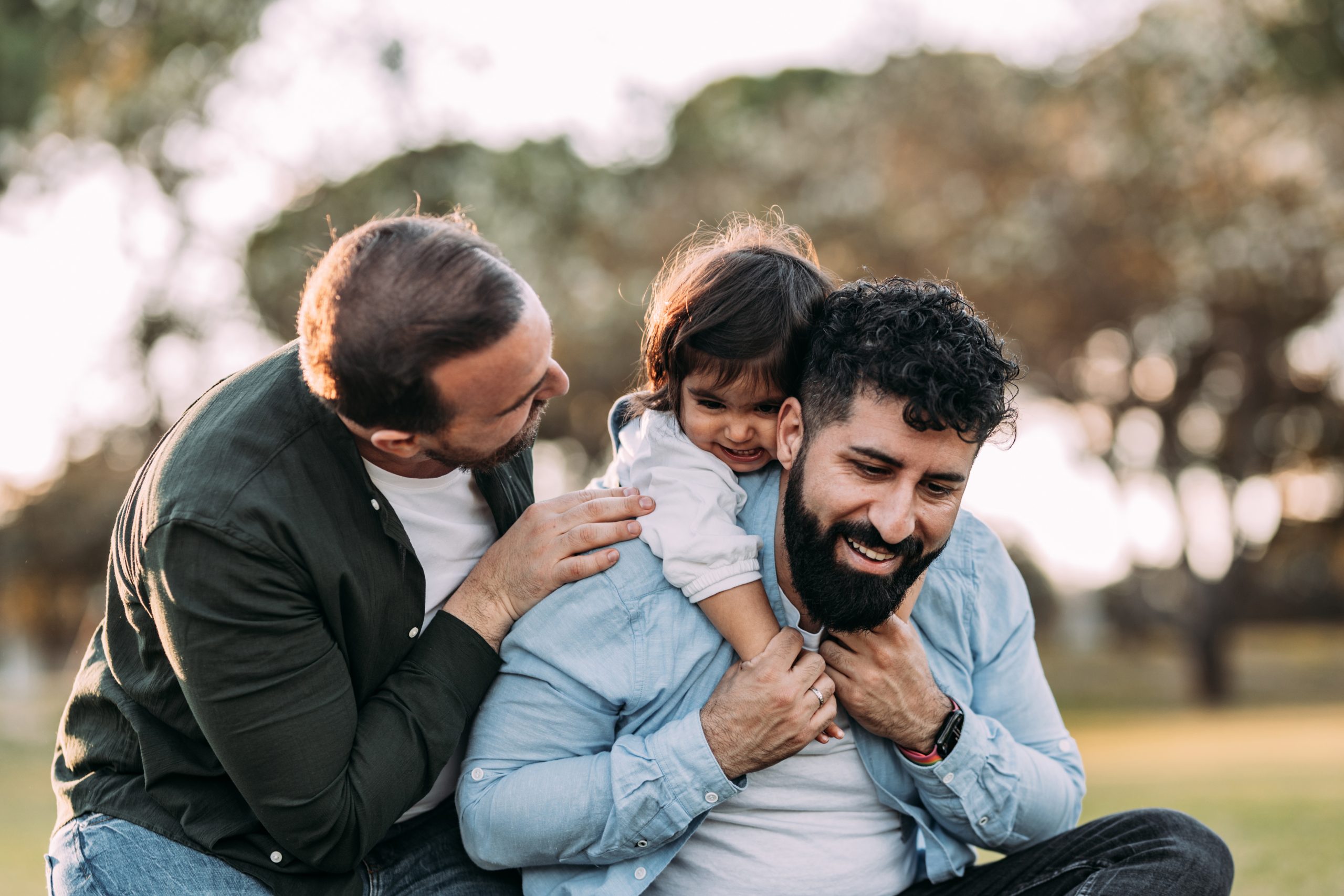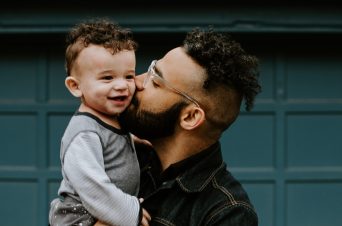
Family Hubs: maximising the potential of parent panels
blog | Words Charlotte Billington | 27 Apr 2023
Family Hubs have been a key priority for all leaders working in Children’s Services since they were announced by the Department for Education (DfE) back in 2021. The ambition for hubs is a ‘one stop shop’ for families, creating more accessible, better connected and relationship-centred physical and virtual spaces that families can use as soon as they seek help and that seamlessly support them as their needs change over time.
In our last blog we outlined the opportunity that Family Hubs provide for ambitious and future focused authorities to think differently about how services are designed, shifting to think about places and holistic needs, instead of putting the same services in new places and expecting different things to happen.
The development and delivery of hubs is now in full swing across the country, with the third National Centre for Family Hubs conference taking place today and Prime Minister, Rishi Sunak giving a renewed push by visiting a family hub in Cornwall a few weeks ago.
In this blog, we outline some practical steps for implementing meaningful participation in the design and implementation of hubs, supporting you to maximise the potential of the parent panel approach.
What’s a parent panel?
There is currently a lot of energy and attention surrounding the engagement of families in design and delivery of Family Hubs. Many authorities are establishing parent panels or recruiting roles that focus on community engagement. In the Department for Education’s model framework guidance for those funded to implement Family Hubs, they outline parent panels as level 1 basic requirement, with those developed authorities aiming towards the co-design and co-delivery of Family Hubs with families and young people, such as through governance and partnership boards.
How to get the most out of parent panels as an approach to community participation
Family engagement and community ownership is crucial to ensuring that Family Hubs are intentionally designed to meet the holistic needs of families & communities, in order to maximise the investment put into them and ensure that they sustain beyond the lifespan of funding and political cycles.
To do this really well, there needs to be an intentional focus on identifying where and how you meaningfully engage people, so that families and communities aren’t consulted as tick box activity, but are genuinely engaged in the co-design and delivery of services that are for them.
When working with clients to build family engagement frameworks for Family Hubs development, we have used the New Economics Foundation’s participatory ladder as a framework for teams to identify where their current work with families & communities currently lands and to identify the ambition and approach to what’s possible to do meaningfully with families.
Parent panels and the focus on community-engagement provide the opportunity to shift upwards from the ‘doing for’ approach to engaging and consulting, towards something radically different and exciting for authorities and families implementing family hubs.
Top tips for implementing meaningful community participation in family hubs
Those working in authorities are, by their nature, continuously in service of families. However, we know (from experience) that shifting towards genuine co-design and co-production can feel like a daunting prospect, especially if this isn’t ‘business as usual’ or familiar territory in the operating or cultural environment. Resources given to developing community engagement needs to be well directed, focused and realistic in scope, so that everyone involved gets something meaningful from the process.
A great place to start is recognising that parent panels, in their most basic form, are in themselves exclusive in their approach. Family Hubs are intended to provide support to all children and young people aged 0-19, or 25 if that young person has special educational needs, including parents and carers that are part of the family unit.
There is a brilliant opportunity to create opportunities for engagement and meaningful co-production that includes the diverse experiences and opinions of all family members from many different backgrounds, cultures and localities across your borough.
When working with authorities, we have developed some simple questions and frameworks that can be applied to implementing meaningful community participation:
- Develop pragmatic starting points: A great way to begin is to build on engagement which is already in place, be that through places, opportunities or people. For example, in one authority we built a simple question sheet for maternity, health and HomeStart workers to build into their day-to day-discussions with families, opening up new conversations about families lives and hopes.
- Define the scope and scale: Clearly define what is open for co-design and shaping so that people can be meaningfully involved and empowered in owning solutions. In the authorities we have worked in, we have coached Family Hub leads to clarify the parameters of their family hub development, working with heads of service to agree an ambitious approach for doing something radically different with hubs and communities.
- Recognise where there are gaps in perspectives: Sometimes those delivering or managing services can assume that we know what family and community needs are, because we work alongside families. However, without providing spaces to genuinely hear about families strengths, hopes and needs (especially those of communities who are typically under heard and underserved in services) we run the risk of, at best, misdirecting resources and at worst, excluding or exacerbating inequalities. Innovation Unit have developed a series of frameworks and exercises to help those working in systems to recognise where there are gaps in their perspectives of what is needed, and provide practical solutions to address this.
We’re here to help
If you are just about to establish a parent panel, or are about to undertake work in community engagement and co-design, we can help you to apply our above learning and frameworks to maximise the opportunity to design forwards differently with Family Hubs, ensuring that you maximise the investment put into the development of hubs & genuinely meet the needs of families in your region. You can contact Charlotte Billington for more information and to explore how we can support you.
